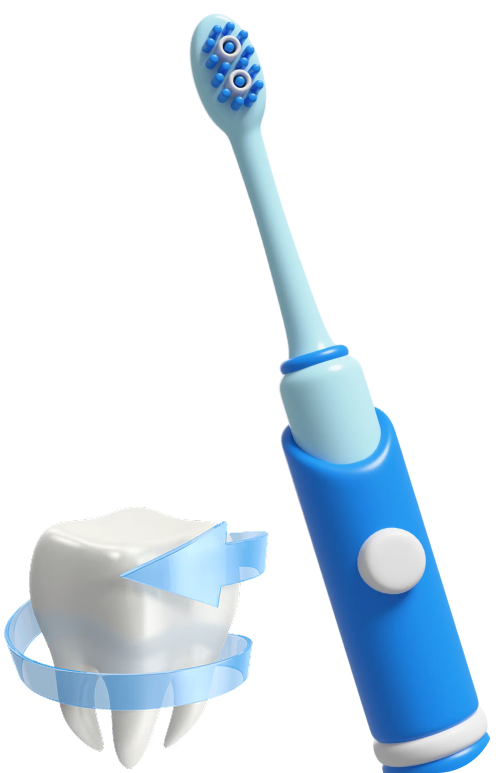Most commonly caused by plaque buildup, Gingivitis is an infection in the gums and the first- stage of gum disease. Many people in Colorado Springs, Colorado, and the surrounding areas suffer from gingivitis; it is one of the most common oral health issues affecting adults. Left untreated, gingivitis is likely to lead to periodontitis or periodontal disease, which usually results in tooth loss. Gingivitis is a serious oral health concern for adults. Regular visits to the dentist reduces the risks of developing the condition and/or enduring the harsh consequences that come with. The American Dental Association recommends making two visits to the dental office each year for regular checkups which can reduce the risks of developing gingivitis and many other oral health concerns.
What Causes Gingivitis?
Plaque buildup on the teeth is the main cause of gingivitis. Most people affected by gingivitis have this plaque to blame. However, brushing the teeth regularly can help remove the plaque and the bacteria. Colorless and sticky, this plaque produces an acid that attacks the enamel on the teeth. This leads to gum damage, gum disease, and so often, tooth loss. While plaque buildup is the most common cause of gingivitis, there are a few other potential culprits, which includes genetics, hormonal changes, medications, illnesses, and even smoking may contribute to or cause gingivitis.
Tips to Keep Gingivitis Away
It is more than possible to keep gingivitis out of your mouth and out of your realm of concerns. If you’re already affected, treatment options ensure that the oral health problem doesn’t cause any more problems than it has already.
Use the tips below to further reduce the risks of developing gingivitis.
- Brush and floss the teeth two times per day. Brush once in the morning when you wake up and again before bedtime. Brushing regularly removes plaque buildup, bacteria, and germs from the teeth and keeps bad breath away! Regular brushing also prevents many other oral health concerns.
- Choose a high-quality toothbrush, even if this means spending a little bit more for the product. Many people choose electronic toothbrushes versus manual because they’re more effective at removing that undesirable bacteria from the teeth. Although costlier than a manual toothbrush, the electric toothbrush is far more effective.
- Use a fluoridated toothpaste when brushing your teeth. Use a pea size amount of toothpaste when brushing. Make sure to follow up by flossing the teeth. And finally, use an antibacterial antiseptic mouthwash to fight plaque and bad breath.
- Schedule two visits with the dentist each year (for each person in the family.) Preventative care is the best solution to gingivitis, gum disease, and the many other concerns with the mouth.
Don’t Ignore the Signs of Gingivitis
Treatment options for gingivitis exist but delaying the visit to the dentist may minimize the options and cause further damage to the teeth, mouth, and the gums. Periodontitis is certainly not the end result that you want after a gingivitis diagnosis is made. Avoid tooth loss, tooth pain, and added worry and stress and schedule your Colorado Springs dental appointment at once.


















